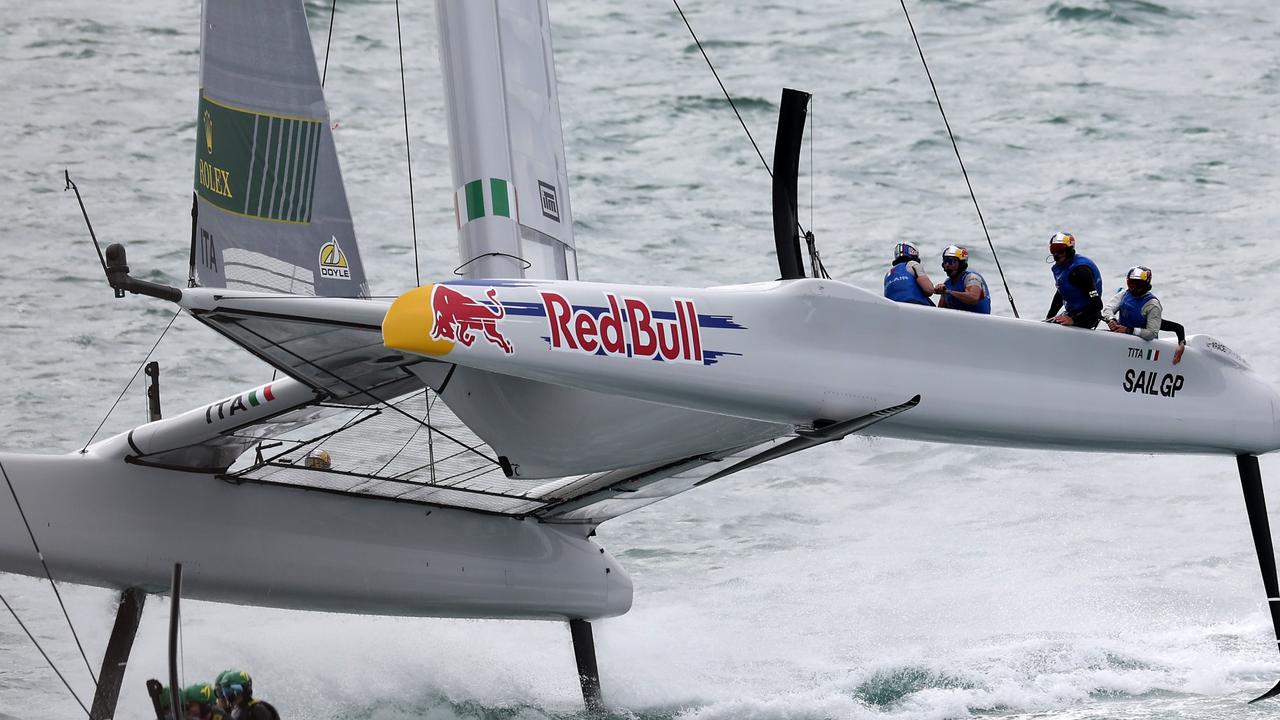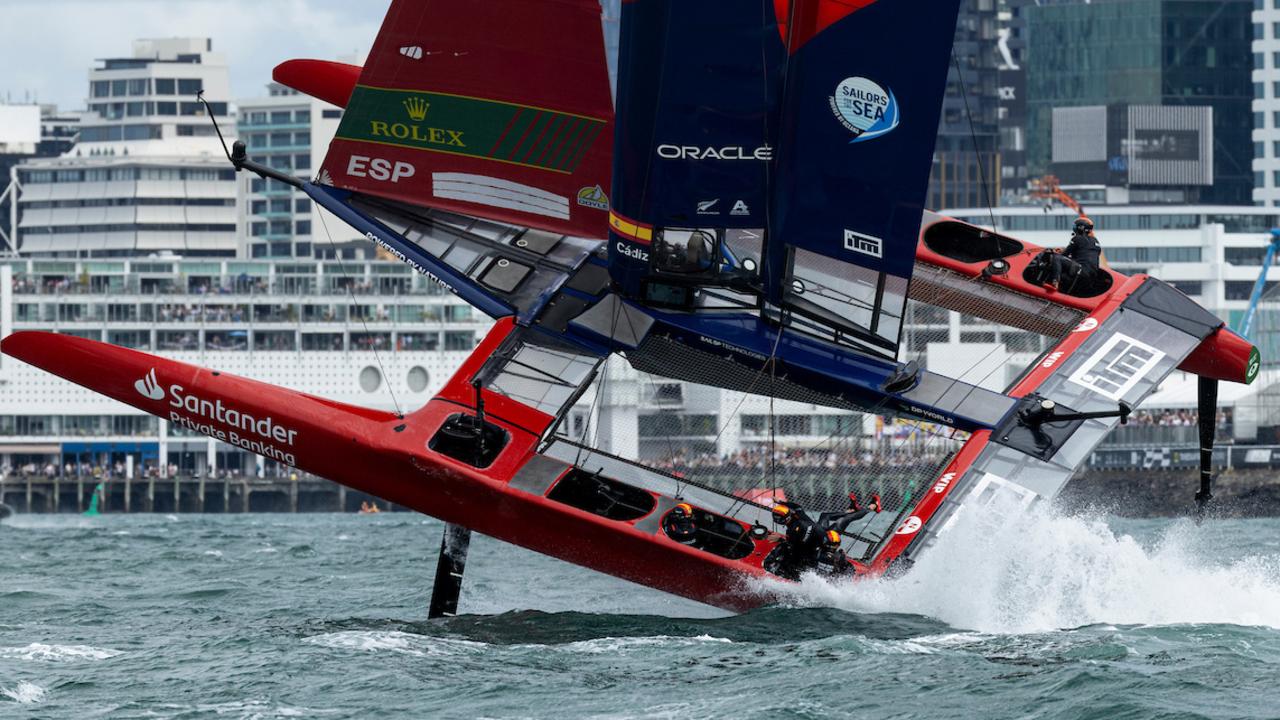Sea Eagles: The former NRL star looking after the players’ wellbeing
IT is the rugby league crisis which former NRL star Quentin Pongia may one day have to confront in his new role as the Sea Eagles’ wellbeing officer.
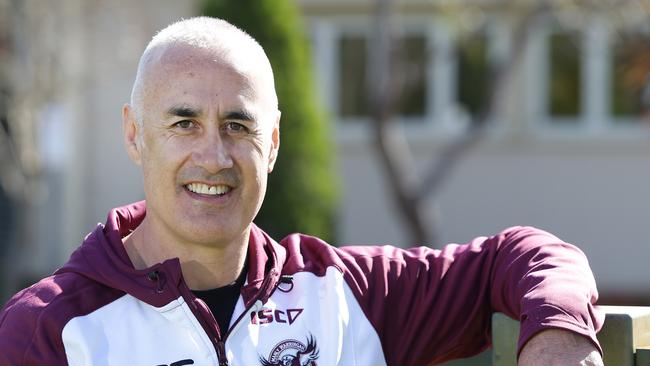
Manly
Don't miss out on the headlines from Manly. Followed categories will be added to My News.
IT is the rugby league crisis creating unwanted headlines for the code and which former NRL star Quentin Pongia may one day have to confront in his new role as the Sea Eagles’ wellbeing officer.
What would he do if a player approached him to reveal he had a problem with illicit substances?
“I would appreciate their honesty first and foremost, and it is in confidence,” Pongia said.
He said there were usually deeper reasons which lead him down that road, maybe family issues or injuries.
“We then get as much support and guidance around him as we can to make sure he gets an understanding of what’s happening and why he’s doing it,” Pongia said.
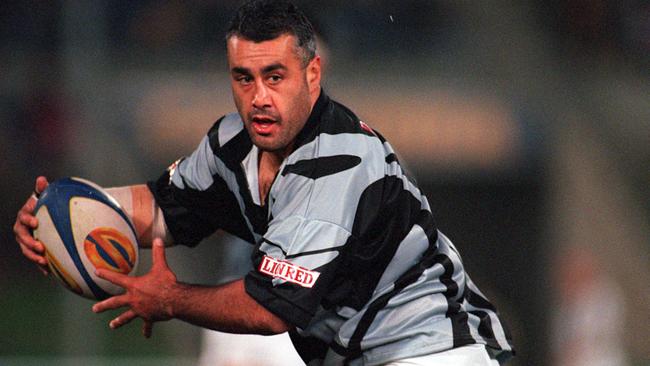
Pongia said there was a drug problem in society and that it existed back in the1980s.
“And that is really what has given me the energy to try and change that space,” he said.
“Society will always have a percentage of people who do it. It’s not acceptable because we are role models to our kids.”
Pongia has been at the Sea Eagles for four weeks after previously working at the Rugby League Players Association in a demanding job that requires him to be, among other things, a confidant, a psychologist and a careers adviser.
After a distinguished 12-year rugby league career with the New Zealand, the Raiders, the Warriors again, Roosters, Dragons, Wigan and in France, the 46-year-old said tackling his new job was 100 per cent as challenging as playing the game.
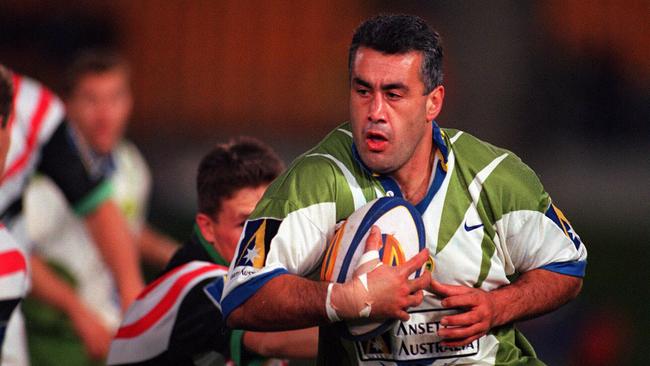
“I don’t have an issue with physicality, that’s easy,” Pongia said. “This stuff here is drawing out the information that we need to develop and empower them to make changes.”
Recent stories involving rugby league players getting themselves into trouble demonstrate the importance of Pongia’s role and the smart move of the Manly club to adopt a proactive approach.
“I love it, but I hate seeing the players not do the best for themselves,” Pongia said. “I’d hate to see any of my guys leave the game and then go and dig holes on the side of the road.”
Pongia pointed out that professional rugby league players lived in a very different environment to that of other young people the same age.
“We play a hard contact sport, you’ve got men alongside you, you are training hard, you eat together, you travel on the weekends together and that is your family,” Pongia said.
“And when you leave the game that family gets left behind.
“Transitioning into life after that is very tough and we find a lot of players struggling post-footy because they have had this network of people around them,”
Pongia said he had struggled big time when he finally hung up his boots and that even the language he used had to change. He said it took him about five years to completely adjust to his new life.
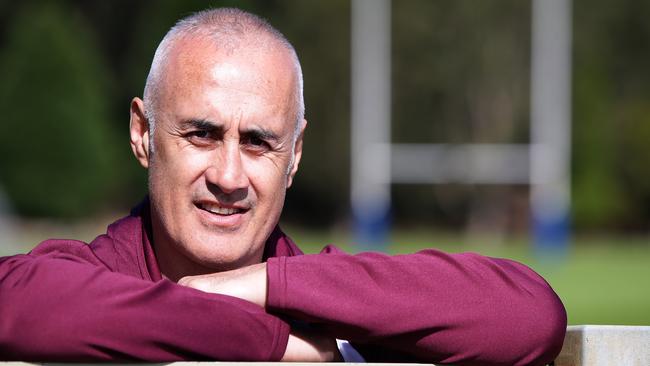
“When l left the game, that’s when the light turned on for me — how quickly the game can be taken away from you and also what I didn’t have, which was an education. I had done nothing,” he said.
So he went to college in the northern English city of Wigan for two years, where the old footballer studied with a group of 18-year-olds.
“It was an eye-opener but also a humbling experience to knuckle down and do what I should have been doing 10 or 15 years before,” he said.
And through all that Pongia understands that there are as many challenges for rugby league players off the field as there are on it.
He said during his playing career through the 1990s issues such as suicide were always there but never really spoken about.
“It is important we set this structure up for these guys where they do have someone to go to and I think I am someone who has walked in their shoes,” he said.
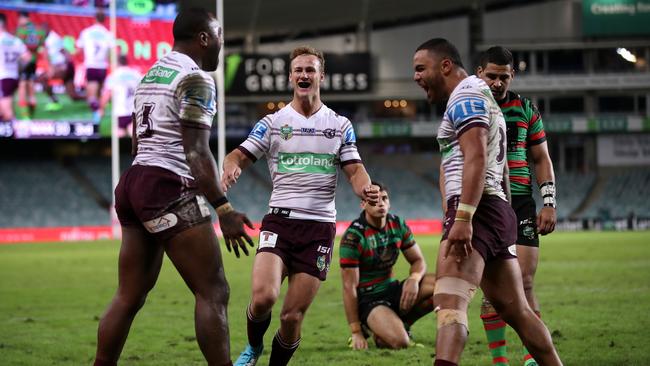
“I had the life experience and for the past 15 years I have been educated and it has brought me to this space here.
“And as you have seen of late there have been issues dealing with a lot of problems and dealing with emotions and not being able to talk about it or speak to the right people.
“I am here to do that.”
Pongia said that the reality was that young men were risk takers.
“We need to have the discipline and direction and support around them to empower them to be better people,” he said.
“There are other ways to deal with stress than picking up a beer or doing things that are detrimental to your development.”
He said there had been added pressures placed on the new crop of young players that did not exist when he was playing.
“With the NYC (National Youth Competition) we exposed them really early to money and being on TV and, if you are 18 or 19 years old, how do you handle that fame?” he said.
“You are working class and you get $100,000 a year, what do they do with 100 grand?”
Pongia is now having one-on-one meetings with the Sea Eagles players to get to know them and find out what makes them tick.
“It’s basically getting their life stories,” Pongia said. “And there are a lot of stories you wouldn’t believe if you just met the guy in the street.”
And there is question he asks the players which can often catch them off-guard.
“If you didn’t have footy what would you be doing,” he asks them. “And a lot of the guys are a bit lost about what they want to do. We’re talking about 18- or 19-year-old kids, sometimes.
“I’m not surprised all their eggs are put into one basket because that’s what their passion is. It’s a matter of finding out what their other passion is.
“Now there is big focus on education, there is a big focus on their engagement outside footy and that is important because your career could finish at the drop of a hat.”

